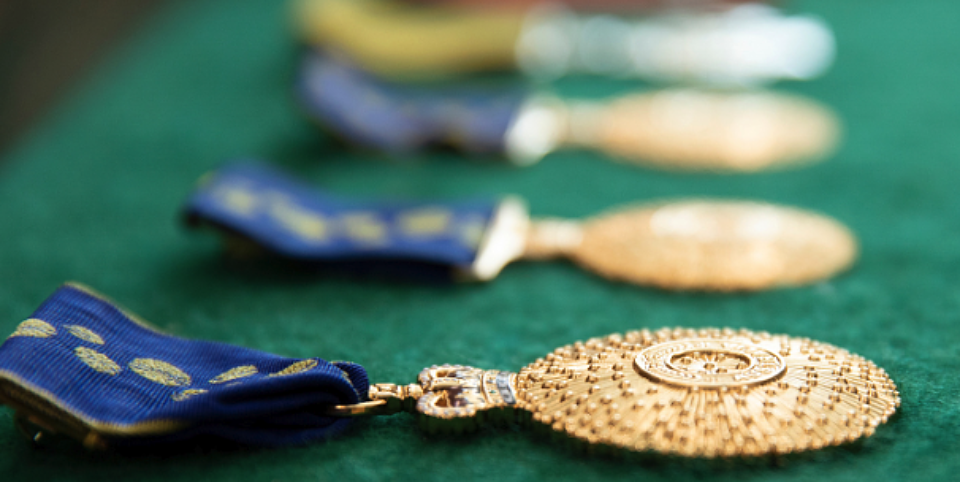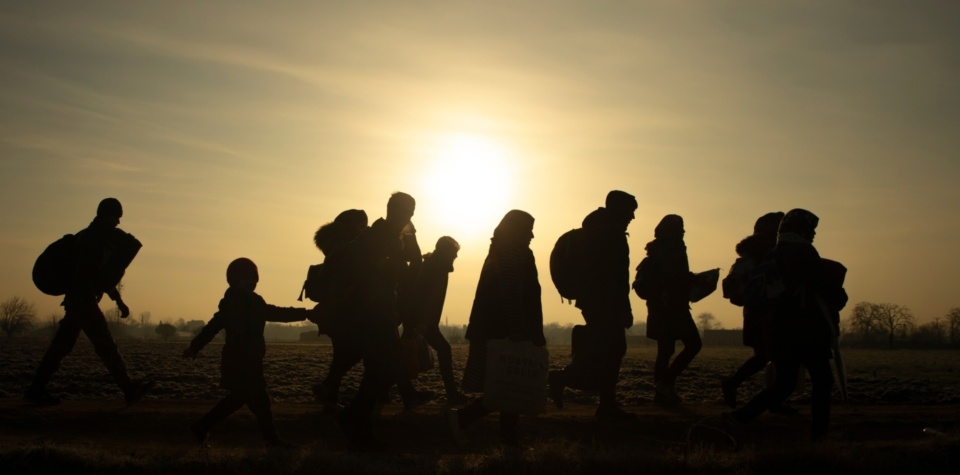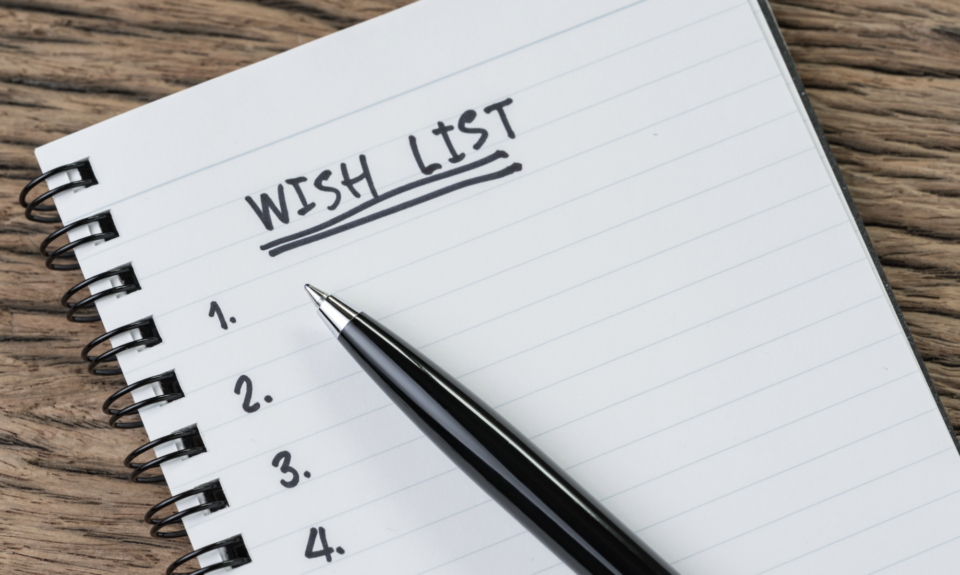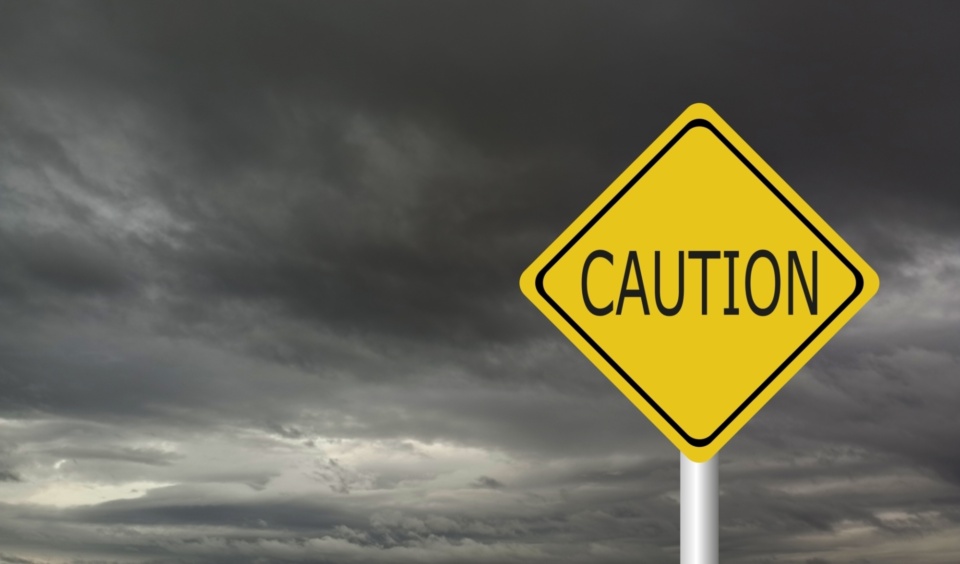
Attention governments: There’s more to giving out grants than handing over the money
Posted on 18 Feb 2026
Around 50 per cent of all funding for charities in Australia comes from government. The nature of…
Posted on 31 Oct 2023
By David Crosbie

Australia is an amazing country, but we have a lot of work to do if our claims to be an egalitarian society are to be advanced beyond magical thinking writes Community Council for Australia CEO David Crosbie.
‘’As an egalitarian society, Australia and Australians believe that all people are equal and deserve equal rights and opportunities. We value and respect freedom of dignity, religion and respect the rule of law. Fair go: Australians believe in the right to a “fair go” regardless of a person's background.’’
Those words are from an Immigration South Australia flyer that aims to educate new migrants about Australian workplace culture.
Many Australians have access to quality housing, health care, education and employment options. Many of us can afford to spend discretionary income on entertainment, travel, exercise, food and even art. We take an active role in our democracy.
But that is not the complete story of Australia.
Nowhere in our constitution does it say all Australians are equal.
The word egalitarianism is not mentioned. There is no Australian Bill of Rights empowering us all to equally claim our freedoms.
Those of us who have worked in the corrections system know freedom and justice in Australia often has a price tag.
When we talk about Australia being the place of the fair go, an egalitarian place where we all have a chance to succeed, we downplay both the advantages of wealth and the disadvantages of poverty.
Australia is a wealthy nation, but our wealth is not distributed equally.
According to the latest analysis in Forbes magazine, Australia’s median per capita wealth of $386,973 is the second highest in the world behind Belgium.
Australia sits 20th – near the middle of the OECD pack – when it comes to how fairly we distribute our income, according to OECD data.
The top 20% of Australians control over 40% of the wealth. The bottom 20% have only around 5%. Income distribution figures reveal the top 20% of Australians earn six times as much income per week as the bottom 20%.
These figures do not convey what it means to be rich or poor in Australia.
The Australian tax system favours those who invest over those who work for a living. In practice this means our capacity to make money depends partly on whether we already have access to money.

Not only are poorer Australians more likely to stay poor, they will also live shorter lives.
There is a “dramatic difference in preventable deaths between the top and bottom 20% of income earners, with poorer Australians living up to 6.4 fewer years than the wealthiest Australians. And the gap appears to be widening,” reported Australia’s Health Tracker by Socioeconomic Status (Mitchell Institute and Victoria University) in 2021.
Poorer Australians are more likely to be affected negatively by economic shocks and climate change.
Having suitable housing, being able to afford an electric vehicle or rooftop solar, and paying for expensive insurance cover are all measures wealthier people can put in place to reduce the costs or direct effects of climate change.
Most of these options are beyond the reach of those in the bottom 20% of income earners.
Cost-of-living increases disproportionately affect the bottom 20% of income earners. They spend much more of their income on necessary food, energy, transport and housing.
Despite our wealth, Australia has the second highest incarceration rate among Western democracies at 172 per 100,000 – behind only the US.
The relationship between incarceration and poverty goes both ways – poor people are more likely to end up in prison, and ending up in prison exacerbates poverty. Australians are champions at putting people in prisons.
'If Australia is to become a more productive and egalitarian country, we will need to spend more and spend smarter to bridge the inequality gaps we have created across many of our communities."
So, why does all this matter?
The jingoistic nationalism about what a wonderful country Australia is, and how lucky we all are to live here, is true for many.
That doesn’t mean we should happily paper over the crevices in our communities, the inequalities, the obstacles we continue to place in the path of those from the wrong postcodes, or even worse, the wrong race.
“It is etched on the collective psyche of Aboriginal and Torres Strait Islander people today that social and economic exclusion was arbitrarily enforced upon us,” found the 2004 Senate Community Affairs References Committee in its report A Hand up Not a Hand Out: Renewing the fight against poverty.
‘’The ramifications of this exclusion has set the platform for the tragic circumstances experienced by [Indigenous] people in Australia.
‘’Indigenous Australians remain the most disadvantaged and marginalised group in Australia. On all the standard indicators of poverty and disadvantage, Indigenous people emerge as the most socially and economically deprived.’’
One of the most powerful lies at the heart of the No campaign against the Voice referendum was the idea that Indigenous Australians already have a fair go in our country. They do not.
That despite being 14 times more likely to be in prison (the Indigenous incarceration rate is 2,223 per 100,000) their chances of success are no different from those of non-Indigenous Australians. This is not true.
Indigenous babies are twice as likely to die before they reach five years of age, according to the Australian Institute of Health and Welfare, and an Indigenous adult can expect to die 10 years before a non-Indigenous Australian.
Not every Indigenous person lives in poverty, and not everyone who lives in poverty in Australia is Indigenous. But to pretend there is not a level of discrimination built into the institutions of our society, our housing, our healthcare, our schools, our justice system, is to lie.
If Australia is to become a more productive and egalitarian country, we will need to spend more and spend smarter to bridge the inequality gaps we have created across many of our communities.
This will only happen if we listen to the voices of those most marginalised, including Indigenous Australians, to create hope and opportunity.
The post-referendum call to address the social and economic exclusion of so many Indigenous and non-Indigenous Australians signals a clear role for Australian charities.
Australia is an amazing country, but we have a lot of work to do if our claims to be an egalitarian society are to be advanced beyond magical thinking.
David Crosbie has been CEO of the Community Council for Australia for the past decade and has spent more than a quarter of a century leading significant not-for-profit organisations, including the Mental Health Council of Australia, the Alcohol and other Drugs Council of Australia, and Odyssey House Victoria.

Posted on 18 Feb 2026
Around 50 per cent of all funding for charities in Australia comes from government. The nature of…
Posted on 18 Feb 2026
You wouldn’t try to fix a complex system with one tool. You’d widen the toolkit, improve the…

Posted on 17 Feb 2026
This is the full academic version of Dr Oksana King's thoughts on the need to better compensate and…

Posted on 11 Feb 2026
Opinions polls insist Pauline Hanson's fortunes are on the rise, but it is likely that enthusiasm…

Posted on 04 Feb 2026
As we move into 2026, I can’t help but think the world is wobbling a little.

Posted on 28 Jan 2026
The 2026 Australia Day Honours list delivered a sobering reality check. After reaching gender…

Posted on 28 Jan 2026
This year’s Adelaide Writers’ Week began with the cancellation of a talk by Palestinian-Australian…

Posted on 16 Dec 2025
As Australia prepares to welcome its one millionth refugee, human rights advocate and former…

Posted on 10 Dec 2025
What a year 2025 has been, particularly at a national level where the Parliament and politics as we…

Posted on 26 Nov 2025
Charities and not-for-profits can be outstanding advocates for their cause, their community, their…

Posted on 12 Nov 2025
Managing a charity or not-for-profit in Australia is often more complex than it may appear. On any…

Posted on 29 Oct 2025
One of the most contentious debates across many areas of human services is the for-profit versus…